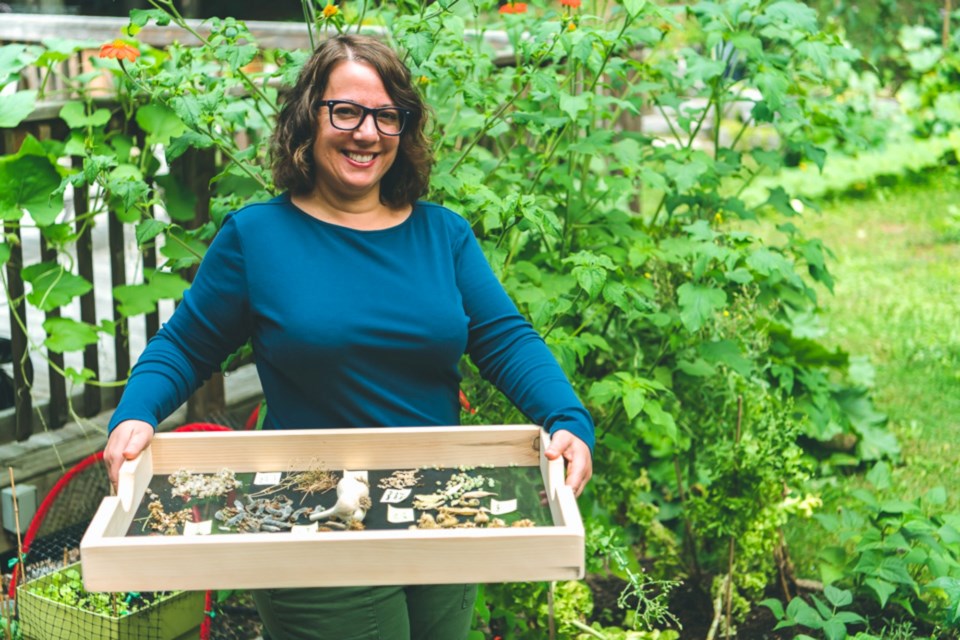After seven seasons, the Innisfil Seed Library remains committed to its sustainable model and helps to respond to an increasing demand for affordable food.
“Growing nutritious food, whether at home or in a community garden, is a step towards greater food security and literacy,” said founder Bridget Indelicato.
Over the years, the volunteer-run program has encouraged individual households to borrow seeds to grow and harvest and then return some of the seeds at the end of the growing season.
The program introduces gardeners to the circular practice through workshops on seed lending and gardening, which includes seed-saving skills to help ensure healthy, viable seeds are returned.
“This exchange makes the community an integral part of the success of the seed library, especially with our goal to have a mostly locally adapted seed supply," she said.
According to Indelicato, the Innisfil Seed Library is for many their first foray into home gardening, particularly growing their own food by seed for themselves and their families.
The support service has been gaining popularity, particularly after the disruption caused by COVID-19.
“During the past couple of seasons, we have definitely seen an increase in seed lending and the confidence that is felt by participants to have access to fresh food during a crisis,” said Indelicato.
Despite the restrictions during the pandemic, the seed library successfully continued its efforts to offer seeds to families by temporarily shifting to a mail-out model.
Offered virtually only for the past two years, the library plans to hold its popular annual Innisfil Seedy Saturday in person again in spring 2023. The event brings together seed and garden-related vendors and exhibitors, plus experts and activities for talks and demonstrations at the Lakeshore Branch of the Innisfil ideaLAB and Library.
As growing your own food gains momentum, Indelicato noted that bringing circular ideas to the community level requires permanent collaboration and funding.
“The seed library has the potential to support the whole community, not just individual households, so we’re always seeking out good partners to achieve this goal," she said.
This year, the seed library partnered with the Rizzardo Health and Wellness Centre and the Town of Innisfil for a weekly series of workshops that taught residents about growing food in containers. These sponsors also supported the Troy Scott Communities Fridges with fresh produce and prepared foods.
As well, the library partnered with the Plant, Grow, Share a Row program through the Compost Council of Canada, which provides seeds for people to grow and share harvests with their communities.
Indelicato emphasized that the community is essential to making the program possible and sustainable, whether donating seeds to the library’s collection or volunteering to help keep the program running.
“We rely on troops to donate seeds and help pack them at several seed-packing parties," she said.
Inspired by the idea of a system that empowers the community to feed itself with affordable nutritious food, Indelicato hopes the program will continue to expand and spread knowledge among local families.
“My ultimate dream is to have a completely locally adapted seed collection in our seed library. Imagine a diverse collection of seeds suited to our local growing conditions.”
For more information about Innisfil Seed Library and its history, click here.



